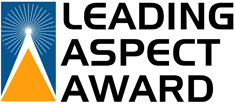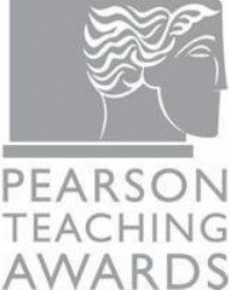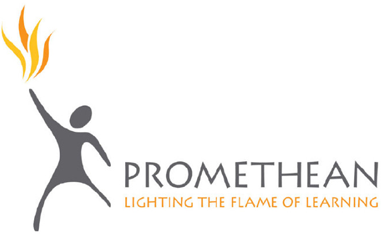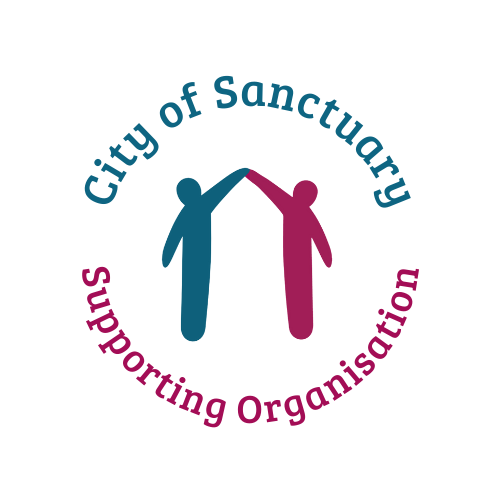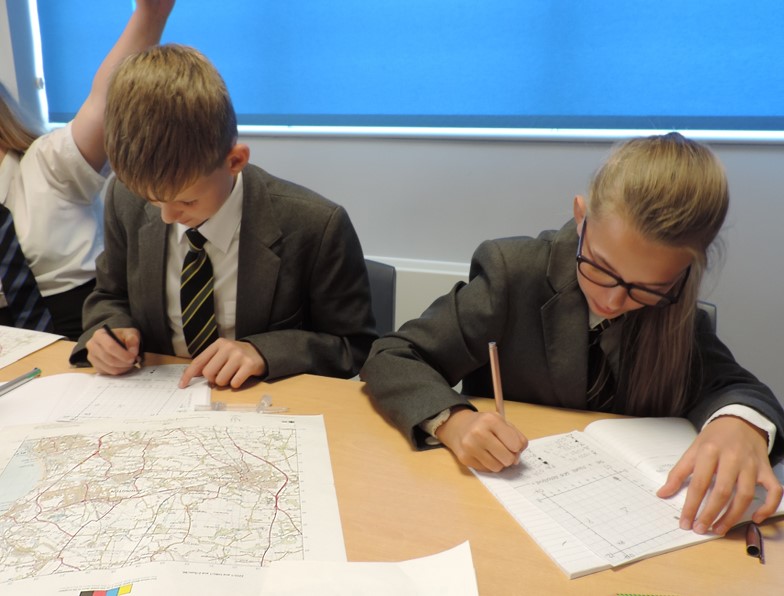 Geography
Geography
Contact details:
Name : Mr C McArdle
Position : Curriculum Area Leader
Email address : cmc@selbyhigh.co.uk
Geography Curriculum Overview
geography curriculum overview jan 2022.pdf
Curriculum Intent:
To provide students with high quality geographical information through stimulating and exciting lessons using a wide range of teaching styles and techniques. Geography is more than memorizing the location of places on a map and we hope that our Geography curriculum will allow pupils to reach their full potential and develop a sense of place, help them make sense of their surroundings and to better appreciate and understand the complexity of the physical and human conditions that exist on Earth.
We aim to take students “around the world” and extend students’ interest and knowledge beyond their immediate experiences through our exploration of current geographical concepts and events from the eruption of Iceland’s Eyjafjallajökull volcano to the destruction of the Amazon rainforest; from the rise of Nigeria to the human and physical characteristics of India and China. We hope that our students will embrace the diversity that our world has to offer as we study a range of countries, cultures and traditions throughout our curriculum.
We aim to inspire and foster an enquiring mind in our students. We aim to link with many different subjects such as English, Maths and Science in order to better embed the concepts that we are teaching. We hope to instil the ideas that geographers can change the world for the better, and always look to create good and global citizens.
Curriculum content
The content and themes in our curriculum were selected as they fulfil the requirements of the national curriculum while also allowing the pupils to acquire a broad knowledge of the world.
At GCSE we follow the requirements set out in the AQA specification.
Gaps in knowledge and skills are an obstacle to progress. Within our curriculum we appreciate that some pupils will have a ‘narrow view’ on places and may not appreciate or have knowledge of the key issues occurring in the UK and may have limited knowledge of places further away from their home locality or the UK. Some pupils will not have travelled as much as others and this issue will have been further exacerbated as a consequence of Covid and so will have a lower ‘culture capital’ than their peers. This is reflected in our curriculum and particularly year 7 where we have a focus on the Geography of the UK. In years 8 and 9 we expand our locational knowledge and build on many of the themes studied in year 7 and help pupils to and apply their knowledge on a global scale.
Throughout our curriculum the themes and lessons are taught in a logical sequence so pupils can build on their knowledge. Where possible we use the same locations when discussing different themes such as earthquakes and soil erosion in Nepal. Pupils are made aware of the links through entry tasks and information is constantly revisited through low stakes tests. Each Geography lesson starts with a ‘learning cycle’, which shows what pupils are studying next and how it links to previous learning, links between topics and different subject areas are also identified and content is constantly assessed.
To help close gaps in locational knowledge when teaching a specific place (volcano case study, river, coast, migration, etc.) we spend time locating it so pupils have a sense of where in the world it is and this may help their understanding of why things occur there. We also visit many of the themes covered in the KS2 curriculum (continents and oceans, earthquakes, volcanoes, rivers, settlements and natural resources) to ensure pupils have a sound understanding of the themes and to consolidate their learning.
Key stage 4 overview
This is a two-year curriculum which follows the AQA specification. Pupils will sit 3 exams at the end of Year 11.
We believe that Geography is not only up-to-date and relevant; but that it is one of the most valuable and exciting; subjects that pupils can study and we aim to get this message across to all of our students. GCSE Students will travel the world from their classroom, exploring case studies in the United Kingdom (UK), higher income countries (HICs), newly emerging economies (NEEs) and lower income countries (LICs). Topics of study include climate change, poverty, deprivation, global shifts in economic power and the challenge of sustainable resource use. Students are also encouraged to understand their role in society, by considering different viewpoints, values and attitudes. The programme of study which we offer will provide pupils with the skills and knowledge needed to progress to an A-level in the subject or beyond. We at Selby High School are also very much aware that for many of our students this is the last time they will experience Geography in a classroom environment and with this in mind we aim to send them off as global citizens who have the skills and knowledge needed to make a difference in the world.
This course has three main elements:
Paper 1: Living with the physical environment. 35%
Paper 2: Challenges in the human environment. 35%
Paper 3: Geographical applications and skills. 30%
Personal development and Cultural Capital
Students will learn about areas of significant geographical interest on both a local and a global sale.
We will study famous geography such as Alfred Wegener (a German polar researcher, geophysicist and meteorologist) and his theory of continental drift, Willy Brandt (A former German Chancellor) and his theory of economic inequality between the northern and southern hemispheres and we will investigate key human and physical geography which has been shared around the world by famous Geographers such as Sir David Attenborough.
Pupils will experience a range of opportunities across Key Stages 3 & 4. These include but are not limited to:
- Fieldwork in a place of local interest
- Investigating coastal processes in Bridlington
- The use of computer software to identify places around the world and understand their key physical and human characteristics
- The use of GPS systems such as Google Earth
- The use of OS maps which helps pupils fulfil the requirements needed to complete the Duke of Edinburgh award.
- Collage trips to experience taster days such as an A-Level in Geography.
- Learn about many different cultures from around the world, which they may not otherwise experience.
Personal development will be taught directly through lessons. We will aim to develop different aspects of pupils’ personal attributes for their life beyond the classroom such as leadership, determination and character/moral development. Attributes such empathy will be enhanced by looking at a variety of different cultures and exploring regions of the world who are not as fortunate as we are. Our aim is to develop pupils who not only have a sound and broad subject knowledge but also pupils who also appreciate the world we live in, can acknowledge the social and economic inequalities, which exist and have the skills to be a good global citizen.
Our Geography curriculum explores a wide range of current affair topics including: migration, BREXIT, the current situation in the Middle East and COP26. It gives pupils the opportunity to see arguments from both sides of key issues and instils in them key traits such as tolerance and empathy. We allow and encourage our pupils to form their own judgements but ensure that they have respect and understand why others may have a difference of opinion.
Assessment
Retrieval practices are embedded into each Geography lesson. These are usually in the form of low stakes quizzes at the start of each lesson. These quizzes include content from the previous lesson and previous topics and years. Links are discussed between the questions and future topics so pupils are aware of the importance of retaining the information.
Within SOL specific pieces of work are identified as assessment pieces. This ensures there is a consistent approach across the department.
End of unit assessments are carried out on a regular basis. These assess content covered throughout the pupils’ time in SHS and not just the topic recently completed. Approximately 20% of each assessment will be retrieval based (school requirement) and this assesses the pupil’s ability to retain information and helps to identify gaps in pupil’s knowledge.
Wider Curriculum opportunities
- KS3: Fieldwork study in the local environment.
- KS4: Fieldwork in both a human and physical environment
- Session 6
- As a department, we also make ourselves available at break and lunchtimes to assist our pupils with any queries they may have.







